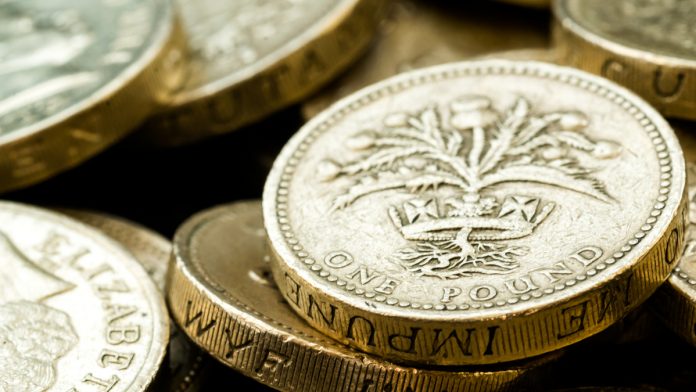- Pound (GBP) under pressure after as UK hits grim covid milestone
- UK Q3 GDP in focus, a record rebound expected
- Euro (EUR) trades broadly weaker as lockdown restrictions tighten in Italy
- ECB President Christine Lagarde hinted at exchange rate intervention
The Pound Euro (GBP/EUR) exchange rate is extending losses for a second session. The pair settled mildly lower on Wednesday -0.05% at €1.1224 towards the low of the day after rallying as high as €1.1289 earlier in the session. At 05:15 GBP/EUR trades -0.1% at €1.1213.
The UK passed a grim milestone of 50,000 covid deaths on Wednesday which cast a shadow over the upbeat vaccine news from earlier in the week. The UK has recorded the highest number of covid deaths only behind the US, Brazil, India and Mexico. The rise in numbers comes as the UK enters its second week of lockdown measures.
Today investors will look towards a raft of data including UK Q3 GDP. The UK economy is expected to have rebounded in the third quarter as businesses reopened after lockdown and after a record contraction in the April – June period. 15.8% QoQ growth is expected after a -19.8% decline in the second quarter.
However, with the UK back in lockdown, the data already feels out of date as the UK finds itself in a second lockdown which will almost certainly result in a double dip recession.
Other data such as manufacturing and industrial production will also be in focus.
The Euro traded higher versus the Pound but was broadly under pressure as the number of covid cases continued to rise. Italy also tightened restrictions as the number of covid cases topped 1 million.
European Central Bank President Christine Lagarde spoke on Wednesday, dampening the mood by saying that the recovery from services led recessions tends to be slower than from a durable goods led recession.
Christine Lagarde also touched on the value of the Euro, mentioning that a stronger Euro could hurt the recovery in inflation. Inflation in the region is very weak.
Germany is due to release inflation figures, as measured by the consumer price index. Eurozone industrial production





